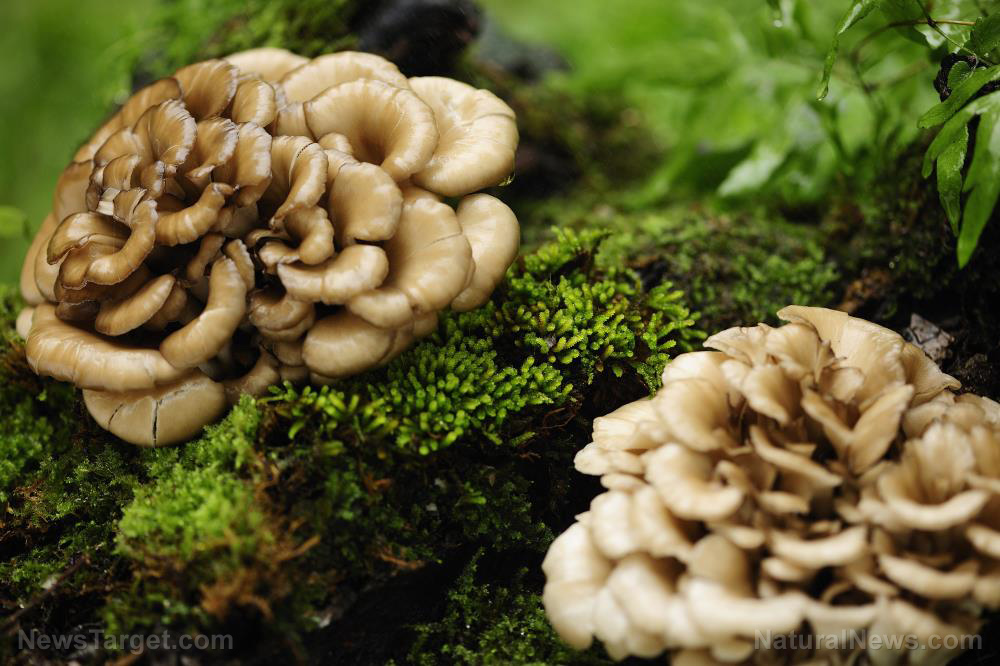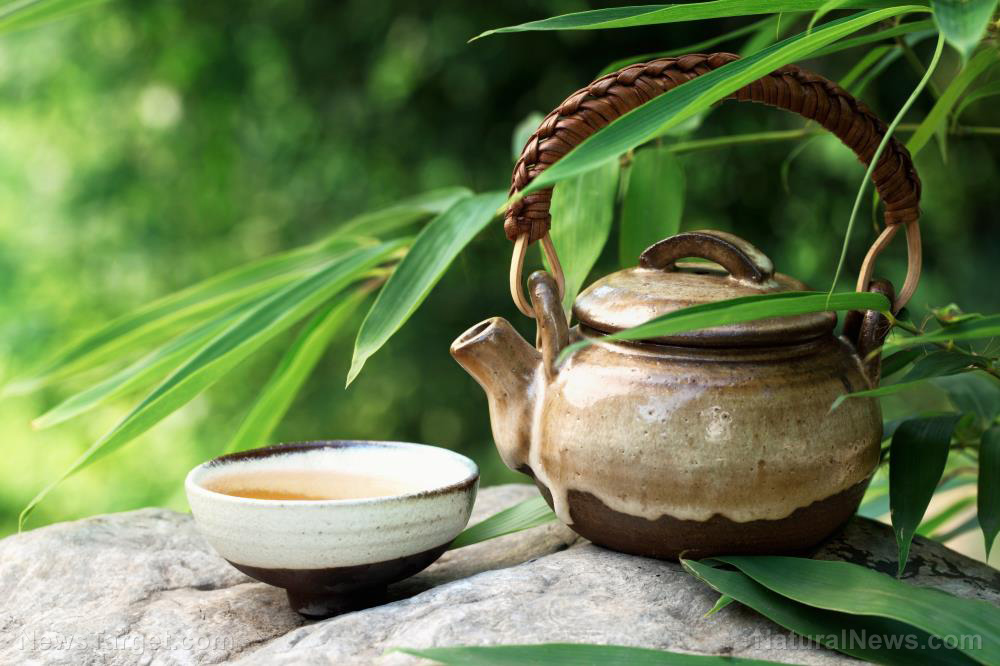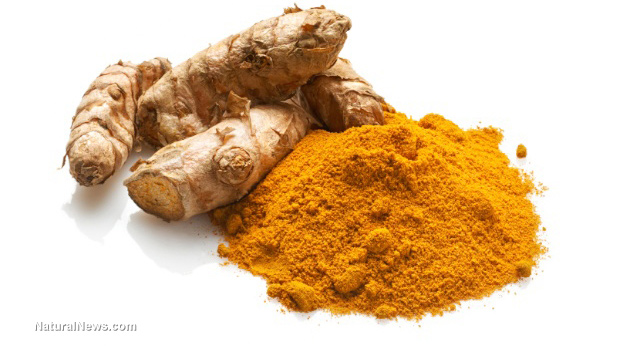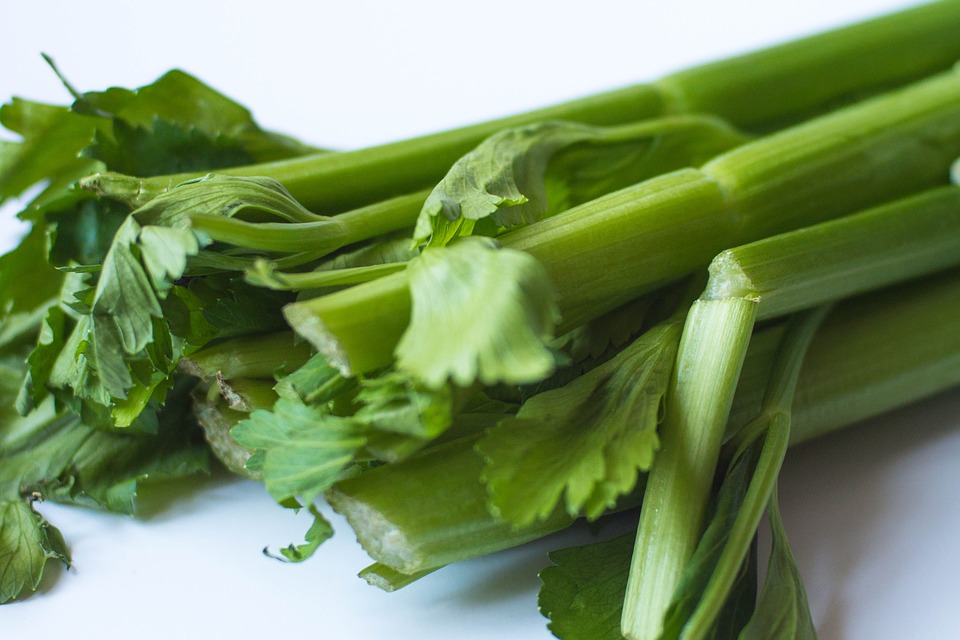Ginger essential oil can prevent cheese from getting infected with E.coli
09/19/2018 / By Ralph Flores

Ginger (Zingiber officinale) is prized around the world for its uses and benefits both in food and medicine. A study made by researchers at Ege University in Turkey revealed that dipping certain cheeses in a coating made from the essential oil of the plant can prolong shelf life. Their findings, which appeared in CyTA – Journal of Food, looked at how a coating that contains ginger essential oil can prevent spoilage of kashar cheese, a type of cheese popular in Turkey and Greece.
In the Balkans, people are big on eating cheese – so much, that they start their day with it. It’s usually served as a starter (or “meze”) for meat and fish dishes, or it’s crumbled or grated and added to salads. Kashar cheese, in particular, is a favorite: Its non-aged version, called “taze kasar,” is used on pizzas, sandwiches, and salads. It’s also used in “tost,” which is Turkey’s version of a grilled cheese sandwich. In northern Turkey, on the other hands, aged kashar cheese, locally known as “eski kasar,” is made either from pure cow’s milk or a mixture of goat and cow milk. The cheese is one of the most popular products of the region, where it is grated or included in cheese platters.
For the study, researchers looked at the possibility of adding the essential oil of ginger to increase the shelf life of cheese, mainly because of its antioxidant, antifungal, and antimicrobial properties. To incorporate it into kashar cheese, the team used an edible coating made from sorbitol; whey protein isolate (WPI), a processed form of whey protein; alginate, a derivative of algae used in food and other products; and ginger essential oil. The team assessed the microbiological and physicochemical properties of kashar cheese in storage to determine the efficacy of the coating in preventing bacterial growth.
Researchers exposed the cheese samples to bacteria colonies of E. coli and Staphylococcus aureus to induce contamination. E. coli, a bacteria common in soft cheeses and milk products, can infect the body in as little as a day after incubation, with common symptoms being severe (even bloody) diarrhea, abdominal pain, and vomiting. Meanwhile, S. aureus, commonly referred to as staph, can cause nausea, severe abdominal cramps, and even loss of appetite in an infected person. After the cheese samples were artificially contaminated, they randomly treated the samples to either a coating of essential ginger or only that of WPI, then placed them in chilled storage for 30 days. To monitor the physicochemical properties of the cheese, as well as the antimicrobial activity for each coating, in storage, researchers checked the samples on the first, seventh, 15th, and 30th days of storage. (Related: Can berries and herbs be used to preserve meat naturally without the use of chemical additives?)
The findings revealed that the coating significantly decreased the pH levels in kashar cheese samples, which was instrumental in preventing weight loss. Also, the addition of ginger essential oil improved the hydrophobic properties of WPI, forming a good water barrier. Adding ginger essential oil also increased the antimicrobial activity in the sample during storage, with the coating providing a long-lasting defense against potential pathogens.
“The antimicrobial effect provided by ginger essential oil during storage was observed to be in the form of a bacteriostatic effect on E. coli O157:H7 and a bactericidal effect on S. aureus,” the researchers concluded of their study.
Interested in the other benefits of essential oils? Learn more at EssentialOils.news today.
Sources include:
Tagged Under: bacteria, cheese, E. coli, edible coating, essential oils, food borne pathogens, food contamination, food safety, food science, Food storage, ginger, ginger essential oil, Natural Preservative, Staph, Staphylococcus aureus




















